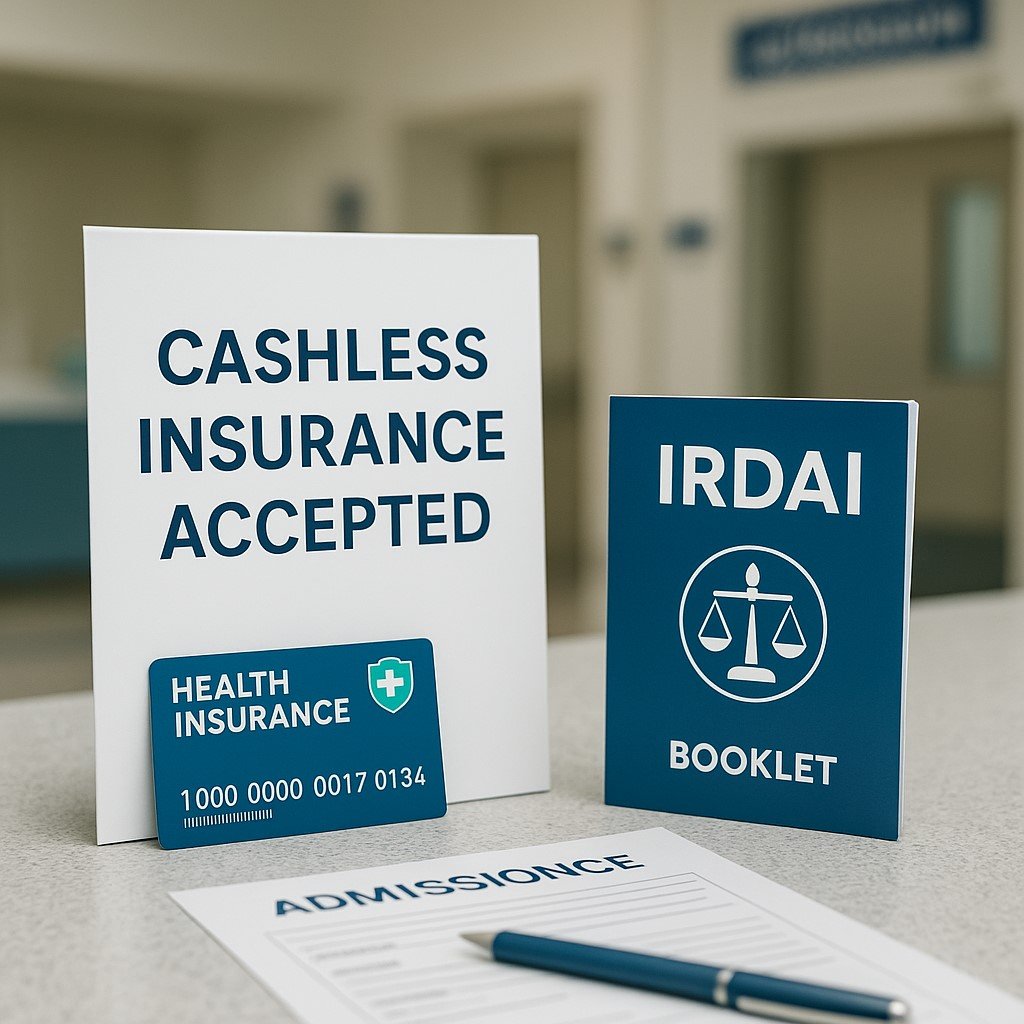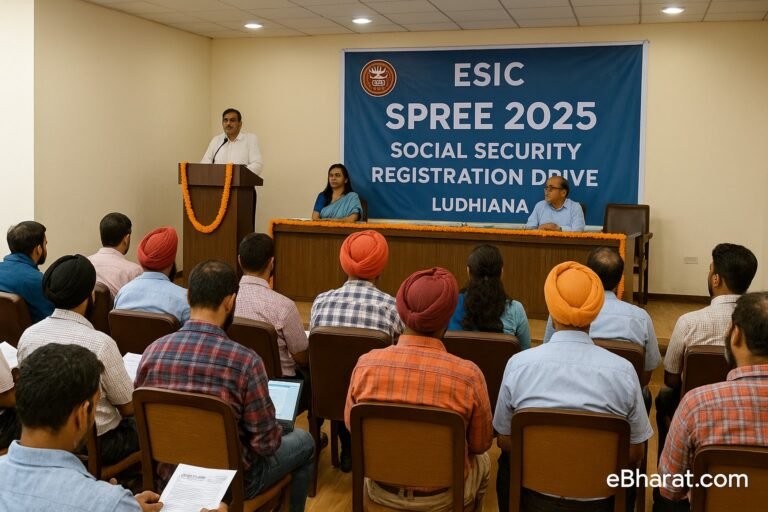
Most of us think “cashless insurance” means walking into a hospital, flashing your health card, and getting treated without paying a rupee upfront.
But in reality? That often doesn’t happen.
From hospitals asking for a ₹50,000 deposit “just in case,” to insurers delaying pre-approvals for hours, the cashless promise has been breaking down — especially during emergencies.
That’s why in 2025, IRDAI (India’s insurance regulator) has introduced strict new rules to fix the system and make cashless treatment actually work.
Let’s break down what changed — and what it means for your next hospital visit.
Rule #1: Every Network Hospital Must Offer Real-Time Cashless Treatment
What it means:
If your insurer lists a hospital as part of its “cashless network,” that hospital must offer cashless admission and billing — no exceptions.
Old problem:
Some hospitals were “on paper” part of the network but still demanded deposits from patients or refused to process insurance claims on time.
New rule impact:
IRDAI now holds insurers accountable. If a listed hospital doesn’t offer actual cashless services, the insurer can be penalized.
Tip: Always double-check with your insurer and the hospital at the time of admission — don’t assume it’s cashless just because it’s listed.
Rule #2: Pre-Authorization Must Happen Within 1 Hour
What it means:
When a hospital sends your documents to the insurer (usually through a TPA), the pre-authorization must be approved or rejected within 60 minutes.
Why it matters:
Delays in emergency cases can be life-threatening or force families to pay upfront and worry about claims later.
This 1-hour rule applies to both planned and emergency hospitalizations.
Note: The 60-minute countdown begins after the hospital sends the required papers — so make sure hospital staff send it quickly and correctly.
Rule #3: Hospitals Must Clearly Show Where Cashless Is Available
What it means:
Every hospital must clearly label cashless facilities at:
- Admission desks
- Billing counters
- Emergency rooms
Staff must also be trained to assist with insurance documentation.
Why this matters:
In many cases, patients or their families don’t know where to go or who to ask — and end up paying cash by default. This new rule ensures better visibility and smoother onboarding.
Rule #4: Claims Must Be Settled Within 3 Working Days
What it means:
Once you are discharged, the insurer must settle the hospital’s bill within 3 business days.
This applies to:
- Cashless claims (insurer pays hospital)
- Reimbursement claims (you pay first, insurer reimburses)
If there’s a delay beyond 3 days, the insurer has to pay interest on the pending amount.
Pro tip: Always keep scanned copies of your discharge summary, bills, prescriptions, and payment receipts — even for cashless treatment.
Rule #5: Complaints Must Be Resolved Within 7 Days
What it means:
If your insurer or TPA delays a cashless claim, denies it unfairly, or mishandles communication, you can file a complaint.
The insurer is now legally bound to resolve it within 7 working days.
IRDAI will monitor complaints centrally — and repeated failure can lead to regulatory action.
To file a complaint:
Use your insurer’s customer support or register directly on IRDAI’s Bima Bharosa platform (grievance.irdai.gov.in)
Will These Rules Really Work in Practice?
The short answer: Yes — but only if you stay alert.
Here’s the reality on the ground:
- Private hospitals in small cities still demand deposits even from cashless patients
- Third-party administrators (TPAs) often cause delays by asking for unnecessary documents
- Policyholders themselves are often unaware of their rights and don’t escalate issues in time
That’s why you must stay proactive.
Quick Checklist Before Hospital Admission
- Confirm your hospital is actually offering cashless under your insurer today — not just listed.
- Carry all required documents (ID proof, health card, past records).
- Ask the hospital to send pre-auth immediately — and follow up.
- Save the insurer’s support number in your phone in case of delays.
- After discharge, save and email all documents for your own record.
Final Word
IRDAI’s 2025 rules are a strong step forward for health insurance customers in India. They ensure faster approvals, better transparency, and real cashless service — at least on paper.
But to truly benefit, you need to be aware, proactive, and unafraid to escalate delays.
Because at the end of the day, health insurance isn’t just about having a policy — it’s about getting timely care without financial stress.












